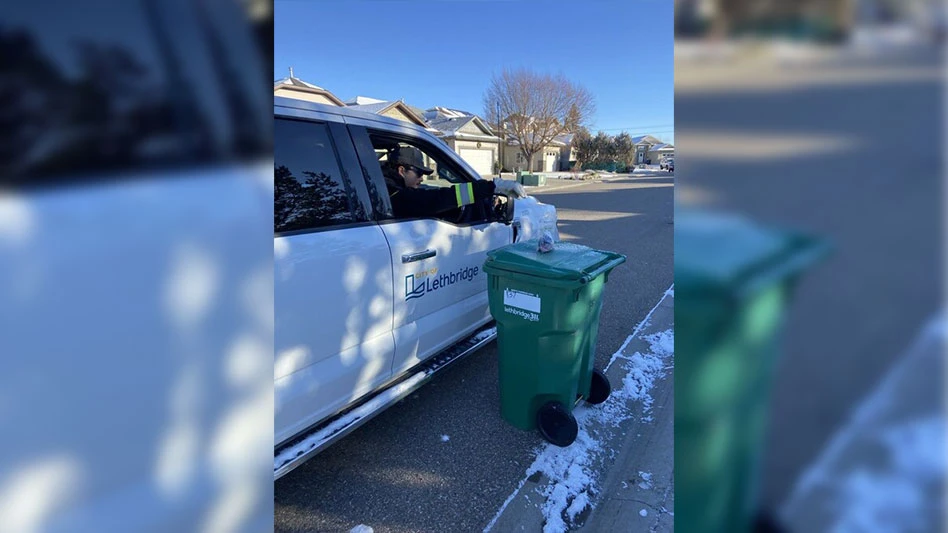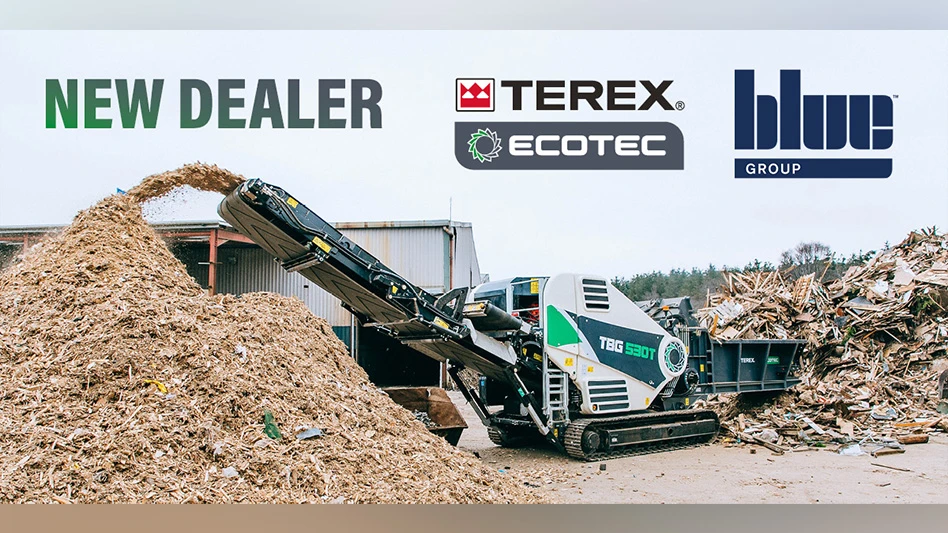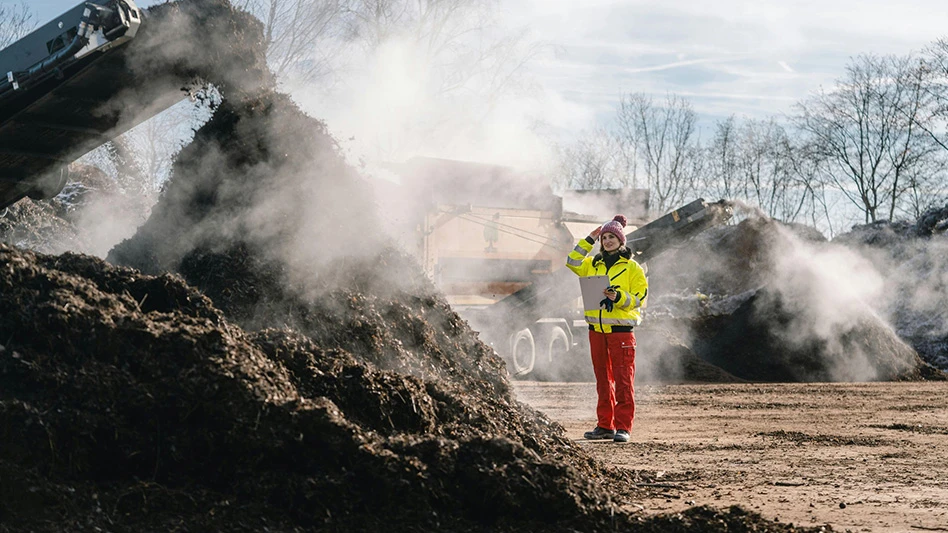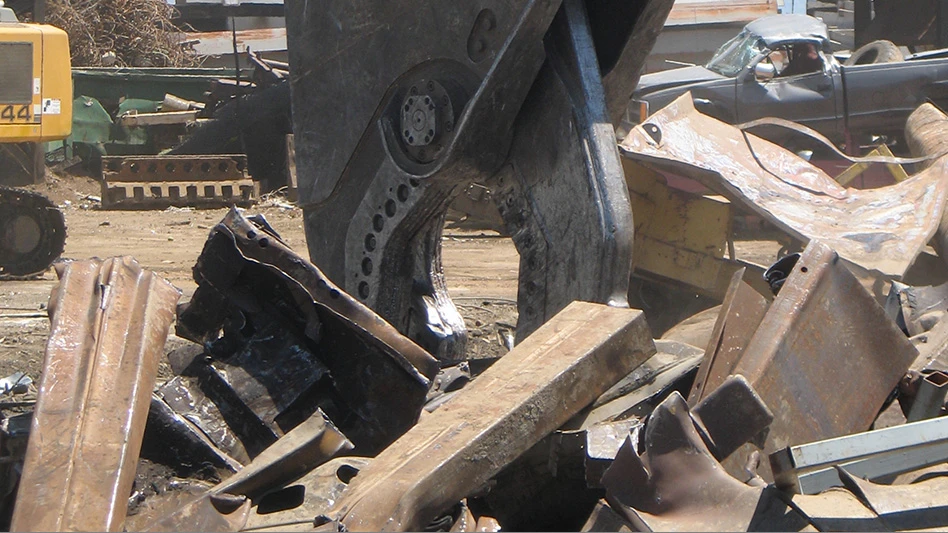The board of directors for the Brattleboro, Vermont-based Northeast Recycling Council (NERC) has elected its fiscal year 2017 leadership team.
New board of director representatives from Connecticut, Maryland and Delaware were selected for “their demonstrated commitment to the organization and to environmental sustainability throughout the 11-state region,” says NERC. The 11 state members are: Connecticut, Delaware, Maine, Maryland, Massachusetts, New Hampshire, New Jersey, New York, Pennsylvania, Rhode Island and Vermont.
Robert Isner, director of the Waste Engineering and Enforcement Division (WEED) at the Connecticut Department of Energy and Environmental Protection (DEEP), has been re-elected as president; Kaley Laleker, deputy director of Land Management Administration at the Maryland Department of the Environment, has been elected as vice president; and Rick Watson, CEO of the Delaware Solid Waste Authority, has been elected as treasurer. Isner and Watson have served as NERC officers in past years, and this is the first time Laleker will be part of the board.
Isner has been with the Connecticut DEEP for more than 24 years, spending the past 18 years as the solid waste and hazardous waste program manager. His responsibilities as director of WEED include management of enforcement, permitting and compliance assistance activities for the recycling, pesticide, solid waste and hazardous waste programs.
Prior to joining Connecticut DEEP, Isner worked for more than eight years as a municipal land use planner for two municipalities in Connecticut. He holds a Bachelor of Science from the University of Connecticut and a Master of Science from Central Connecticut State University. In addition to NERC’s board, he also serves on the board of directors for the Connecticut Chapter of the Air & Waste Management Association and the Connecticut Recyclers Coalition.
As the deputy director of Land Management Administration, Laleker’s responsibilities oversee solid waste, resource management, oil control, lead poisoning prevention, mining and land restoration programs. She formerly worked in the resource management program, primarily on composting and other recycling issues, as well as in the director’s office on regulations, legislation and other issues affecting the Land Management Administration’s work. She has a J.D. from the University of Virginia School of Law and has been with the department for five years.
Watson leads the Delaware Solid Waste Authority, which is responsible for managing all municipal solid waste, recycling, household hazardous waste, electronic waste and other special waste programs for the state. He joined the Delaware Solid Waste Authority in 1981 as a project engineer for Delaware’s first double-lined sanitary landfill. He has overseen design, construction and operation of solid waste projects, including landfills, transfer stations, landfill gas control systems and various recycling projects.
Watson has a Bachelor of Science degree in civil and environmental engineering from Clarkson University and a Master of Science degree in civil engineering from the University of Delaware. He has been a professional engineer in Delaware since 1983 and received a Board Certified Environmental Engineer (BCEE) certification in 1996 from the American Academy of Environmental Engineers & Scientists. He has served as vice president and president of NERC in the recent past.
The organization also announced that longtime NERC board member George MacDonald, from Maine, has stepped down and Megan Pryor has been appointed in his stead.
Pryor is an environmental specialist with the Maine Department of Environmental Protection, where she oversees and administers the paint, mercury thermostat and mercury lamp product stewardship programs. She provides outreach, education and technical assistance, working with municipalities and businesses to meet specific situational needs in waste reduction and recycling efforts.
Pryor is currently pursuing a Certificate of Graduate Study in Sustainable Development at the Muskie School of Public Service. She graduated summa cum laude from the University of Southern Maine with a Bachelor of Arts in environmental planning and policy.
In other association news, NERC has re-appointed board members Chaz Miller and Walter J. “Chip” Foley to one-year terms on the NERC board. This will be their third year of serving on the board.
Foley, a graduate of Penn State, started his career with the Federal Election Commission in 1976. His start in public policy began when he served more than seven years on the staff of Pennsylvania Governor Dick Thornburgh’s Washington office working on agriculture, military, insurance and environmental issues.
In 1988, Foley became the first director of the Coalition of Northeastern Governors’ Source Reduction Council. That position led to his recruitment by the steel industry to open a Washington office for the Steel Can Recycling Institute (eventually becoming the Steel Recycling Institute). He continued in that position as vice president, promoting the recyclability and recycled content of steel to decision-makers. In addition, he held the position of director of public policy for the American Iron and Steel Institute’s Steel Market Development Institute. He was an advisory member of NERC, past chair of the industry sector of the National Lieutenant Governors Association (NLGA) and vice president for public policy on the board for the National Council for Public-Private Partnerships.
Foley retired from the steel industry in May, 2014. He continues to be a contributor to the on-going work of the Toxics in Packaging Clearinghouse and NERC. He also is a member of the Titanic Historical Society.
Miller worked for the U.S. Environmental Protection Agency’s (EPA’s) solid waste office, focusing on recycling and waste-related work. After a stint at the Glass Packaging Institute, in 1991 he worked for the former National Solid Wastes Management Association (NSWMA), what is now the National Waste & Recycling Association (NWRA). He has worked on a variety of issues facing recycling waste management, including market development, state recycling legislation, extended producer responsibility, flow control, interstate and international waste shipments, truck safety, transfer station siting and organics management. He has testified at state and Congressional hearings. Miller has been a keynoter and speaker at recycling and solid waste conferences in the United States, Canada, Japan and China. He writes “The Circular File,” an award-winning column for Waste 360.
NERC is a multistate nonprofit organization that that conducts research, projects, training and outreach on issues associated with source reduction, reuse, recycling, composting and environmentally preferable purchasing (EPP).
Latest from Recycling Today
- Phoenix Technologies closes Ohio rPET facility
- EPA selects 2 governments in Pennsylvania to receive recycling, waste grants
- NWRA Florida Chapter announces 2025 Legislative Champion Awards
- Goldman Sachs Research: Copper prices to decline in 2026
- Tomra opens London RVM showroom
- Ball Corp. makes European investment
- Harbor Logistics adds business development executive
- Emerald Packaging replaces more than 1M pounds of virgin plastic





